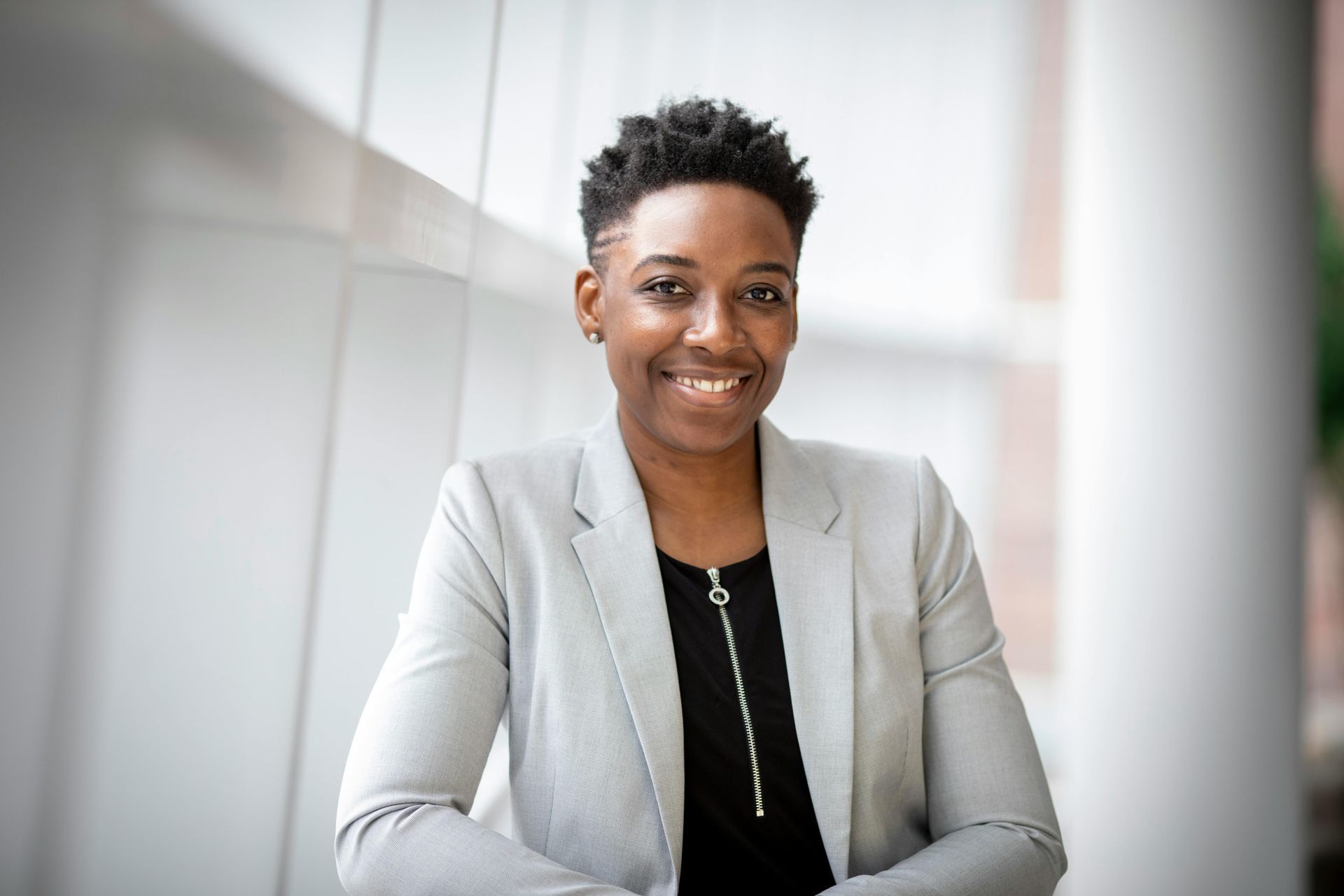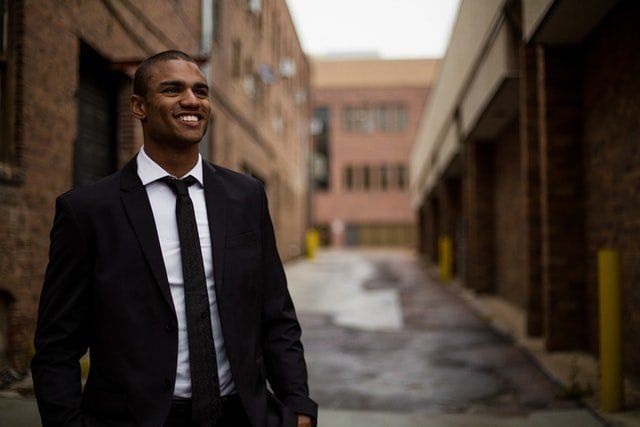The Confidence Factor
At Laurie Burton Training we build confidence. While it is possible that a variety of things can factor into one’s lack of confidence, the most common missing ingredient is a sense of Self.
Most confident people:
- Know who they are
- Are Comfortable with who they are
- Like who they are
- Operate from who they are
You will always become a better speaker/ presenter—when able to be yourself while doing it – and here is how you do that.
Sharing yourself – your emotions and feelings – while creating a genuine connection with others can be a difficult challenge. In fact, it can be downright painful, filling one with fear and tension. A confident, inspired and creative person will find success rooted in their ability to express their life force, conveying thoughts, feelings and emotions so that others are moved by them. It’s an important factor when engaging an audience. How to do this is an art, not a mystery, and can be learned!
The ultimate challenge for any great communicator is how to cause people to feel something, to have an experience.
Once you become more aware of who you are, you can then develop an incredible, yet genuine, range of expression to impact the world around you. It can take time to develop this art, but the results can be rather immediate.
Learning these skills is invaluable. It involves becoming aware of your specific emotional responses. This knowledge and awareness, “emotional intelligence” if you will, subtly (but surely) builds self-confidence and self-esteem.
To be able to present, you must be present.
In order to deliver the message you must be present in the moment. You want to be comfortable, relaxed, capable of dealing with your tension, and confident of your abilities and worth. In other words, you must have a true sense of self.
In defining one’s self, we must start at the beginning – or the “core” of what defines you; what makes you special, unique and different. Yes, we are all special. However, many find it hard to acknowledge, because it can be considered too egocentric. But, being yourself and speaking from that foundation requires this acknowledgment. Practice this core-building “Declaration of Independence” exercise at home.
Your Declaration of Independence
Simply say positive things about yourself, out loud, to the mirror.
Here are some examples:
- I like me.
- I like the way I feel about the earth and my connection with nature.
- I am very strong and yet extremely sensitive.
- I love the fact that I am goofy, funny and not afraid to be outrageous.
- I love teaching and working with people.
- I’m not afraid to expose and share my emotions, which attracts people to me and helps them learn from me.
- I like the way I carry myself; it matches my sense of who I am.
I know this is not easy. (I know from experience that your brain may even freeze after one or two.) But don’t let that keep you from the goal, which is to know yourself so well that these positive things soon flow, without hesitation, from your brain to your lips to be expressed verbally into that mirror.
When you know your own self so thoroughly that no one can shake your confidence you will be on your way to possessing the Confidence Factor.
The effectiveness of your message depends on your level of confidence.
Remember, it is not about being closed off to input; rather it is simply being grounded in who you truly are. This is a true test of your ability to stand in front of an audience of any size and speak, present and communicate effectively!
This knowledge of self, who you know yourself to be, forms the foundation of confident behavior. The higher the level of self-confidence and self-awareness you choose to carry wherever you go, the higher the level of confidence your audience will be able to have in your message.
Laurie Burton Training Blog








